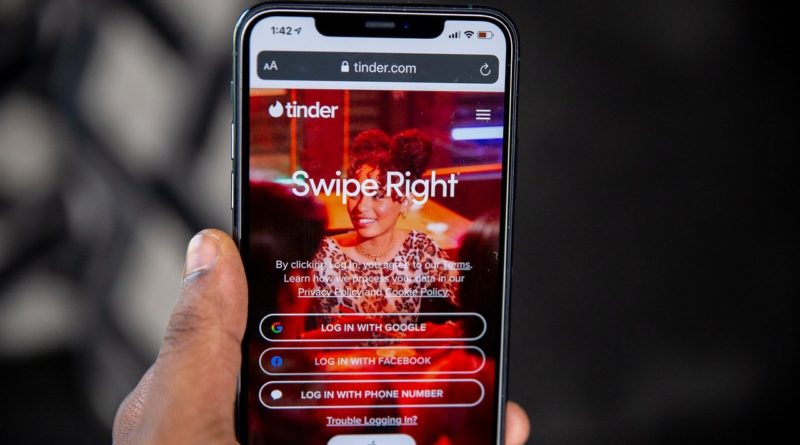College dating during the pandemic
UD students share their experiences trying to meet new people during COVID-19, photo courtesy of Pixabay.

Kaitlin Lewis
News Editor
Zoom crushes, Instagram stalking and begging your friends for their cute roommate’s number. This is what most of the college dating scene has come to during the coronavirus pandemic.
A Morning Brew/Harris poll conducted in December 2020 found that 44 percent of college students feel anxious about losing time to date because of COVID-19. Online classes and social distancing at the bars have taken away many of the chances students would usually have to meet new people.
Despite these limitations, there are a large number of students still getting out there, even if the landscape looks a little different. Juniors Kayla Lenahan, Natalie Barendt and Tyler Horton are roommates at UD and shared some of their strategies for meeting new people.
For Lenahan, she tries to make the most out of the few interactions she has with people outside of her apartment. Lenahan has also received a few direct messages on Zoom from people in her online classes. Horton said she’s gone on some dinner dates with people she’s met in the past and wants to get to know better now. Barendt also said she tries to use the friends she’s already made to hopefully meet someone new.
“You’ve probably exhausted the possibilities with your friends by now,” Barendt said. “So now it’s about friends of friends.”
Some colleges have made meeting in person difficult for the students who want to pursue dating. Most schools have masks mandates and limit the number of students allowed to gather in one space. At the University of Dayton, guests of any kind are not permitted to enter someone else’s residence, including fellow UD students. The University of Georgia had at one time posted guidelines for students that included wearing face masks during intimate moments.
Lee Dixon, chair of the psychology department at UD, said that it’s natural for students to be taking risks to meet new people, even if it puts them in danger of spreading COVID-19. Dixon said that college ages are usually when humans are most driven to search for a partner to pair with.
“I think it’s much easier for someone like me in my mid-forties and married to say ‘hey, it’s not worth the risk, stay in your bubble,’” Dixon said.
Dixon also said that while the ongoing pandemic does pose a risk for the dating scene, humans have always had to weigh the pros and cons of relationships. Unplanned pregnancies, social pressures, STDs or emotional vulnerability are all risk factors for someone pursuing someone new.
“It’s really easy to think of this as a special time when it comes to risk, but there’s always been a risk when it comes to pairing off,” Dixon said.
Barendt, Horton and Lenhan shared concerns about vulnerability while dating during a pandemic. Horton said that being an upperclassmen makes her want to pursue more casual relationships than a long-term commitment. Barendt echoed that she is not expecting to meet anyone serious during COVID-19 restrictions.
“It’s already not a high probability that you’ll meet by chance someone you connect with,” Barendt said. “And my perspective on it right now is that the probability is so low because of the lack of population to pull from.”
Dixon predicts that some of the effects on dating, such as hesitation towards a long-term commitment, will carry into the future. When people are confronted with a life or death situation, it can cause drastic changes to their personal relationships.
“Anytime we see any sort of tragedy or natural disaster take place, you see two things happen right after,” Dixon said. “You see married people divorce at high rates, and unmarried people marry at high rates. Either people think ‘life’s too short to stay with this person or, the opposite happens, ‘life’s too short not to.’”
Lenhan said she feels that COVID-19 has impacted the college dating mindset already, including her own.
“It’s also difficult now because I feel like a lot of people just have general trust issues after COVID, so they’re like on guard,” Lenhan said. “So getting into a relationship might seem scary, but people are also bored, so you got to weigh the mental game of it.”
For more campus news like Flyer News on Facebook and follow us on Twitter (@FlyerNews) and Instagram (@flyernews)

